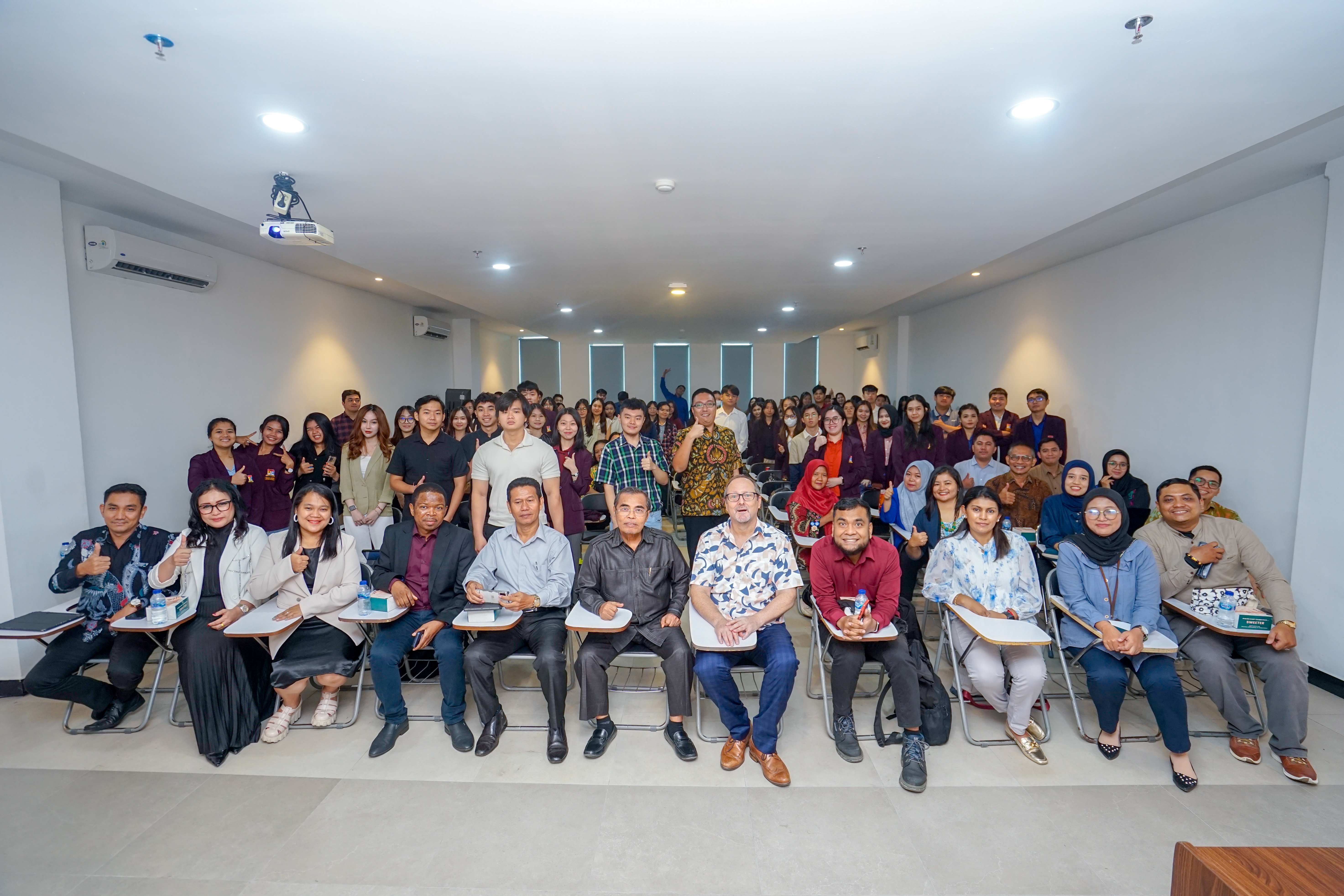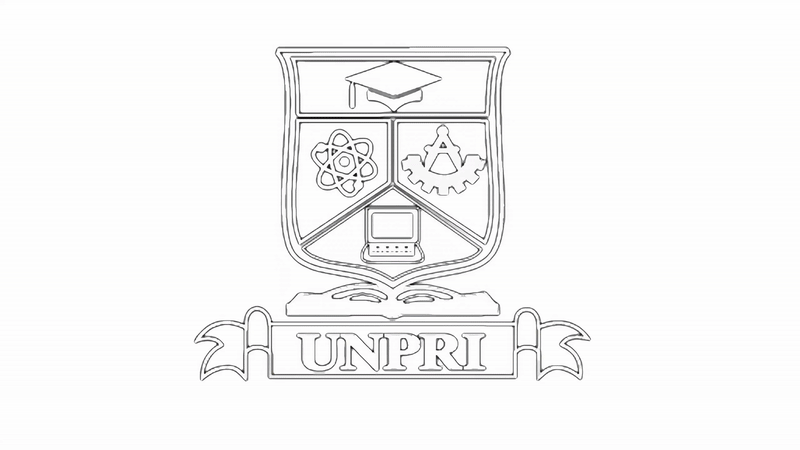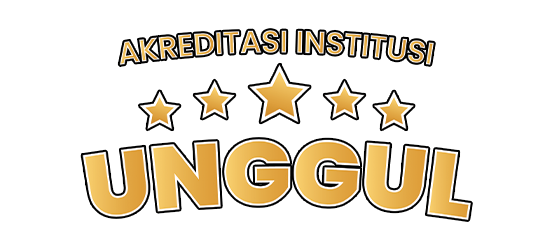FE UNPRI Holds Public Lecture: Building Circular Economy Communities

Medan, the Faculty of Economics, Prima Indonesia University (FE UNPRI) held a Public Lecture with the theme "Building Circular Economy Communities", presenting speaker Prof Scott Valentine on the 20th Floor of the UNPRI Campus Jln. Cover No.3 Medan, Wednesday (4/12/2024).
The seminar was attended by students from the Accounting Study Program and Management Study Program, Lecturers at the Center for Excellence in Science and Technology (PUI), guest of honor Prof Job Dubihlela, PhD (South Africa). Kajal Ramnanum (UKZN), Prof Jobo Dubihlela (UKZN). Then the UNPRI FE structural officials such as Dean Prof. Chair of the Master of Management Study Program, Dr. Fajar Rezeki Ananda Lubis, and moderated by Dr. Kristiawan Indriyanto, S.S., M.Hum.
According to Prof. Scott Valentine, a circular economy is an economic model that aims to minimize waste and maximize the use of resources. This concept is different from the linear economic model which focuses on “take, make, throw away.
A circular economy is an economic system or model that aims to generate economic growth by maintaining the value of products, materials and resources in the economy for as long as possible, thereby minimizing social and environmental damage caused by a linear economic approach.
Therefore, according to him, it is very important to implement a regenerative economy, namely an economic model that is in accordance with the laws of nature, which we need to heal humanity from destructive tendencies.
"The core principles of the circular economy are Design Out Waste and Pollution, Keep Products and Materials in Use, Regenerate Natural Systems. Key Enablers of the Circular Economy (Policy and Regulation, Technology, Collaboration, and Consumer Behavior)," emphasized Prof Scott.
Prof Scott added that the benefits of a circular economy include being economically able to create resource efficiency and being able to create new opportunities in the market, protecting the environment, resilience or the ability to adapt and bounce back from difficulties or resource challenges.
Still according to Prof Scott, the challenges of implementing a circular economy include designing efficiencies repeatedly for complex materials, overcoming resistance from industry dependence on linear models, handling the transition of upfront costs to circular systems.
For a circular economy to be successful, Prof. Scott emphasized that it must foster and continue to develop collaboration, innovation and sustainable activities with the aim of reducing waste, recycling resources and regenerating natural systems.
"The steps include sharing the vision that has been set, fostering collaboration, designing infrastructure and systems, supporting sustainable business models, empowering the community, monitoring and appreciating every achievement made, as well as advocating for political support regarding integrated local regulations and policies ”, he concluded.
News About "Fakultas Ekonomi:"
2024-12-09 08:50:27 by Elhaiza Gq Situmeang
2024-12-09 08:50:27 by Elhaiza Gq Situmeang
Other News
2024-12-09 08:50:27 by Elhaiza Gq Situmeang
2024-12-09 08:50:27 by Elhaiza Gq Situmeang
2024-12-09 08:50:27 by Elhaiza Gq Situmeang
2024-12-09 08:50:27 by Elhaiza Gq Situmeang









